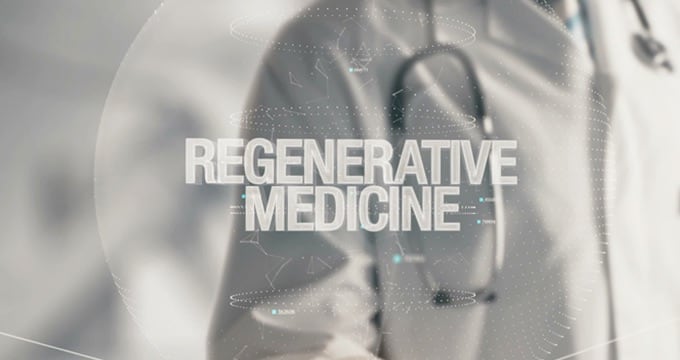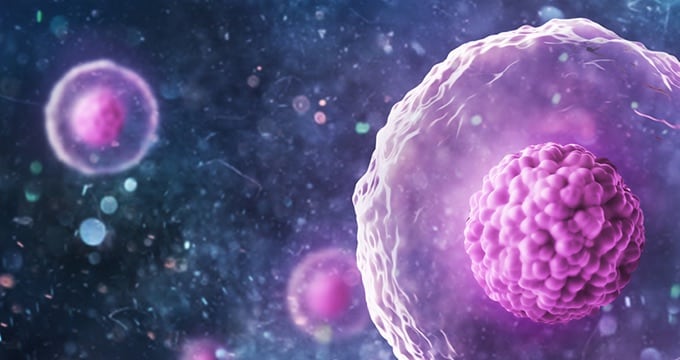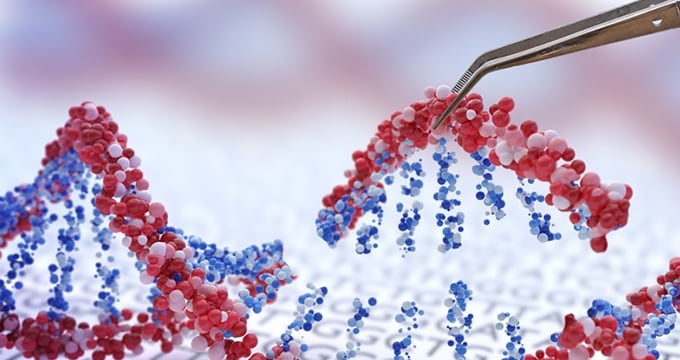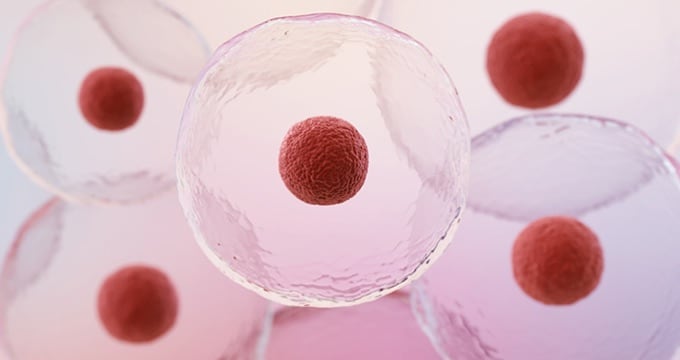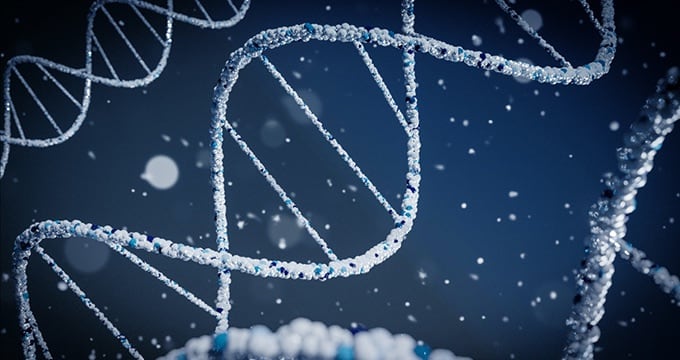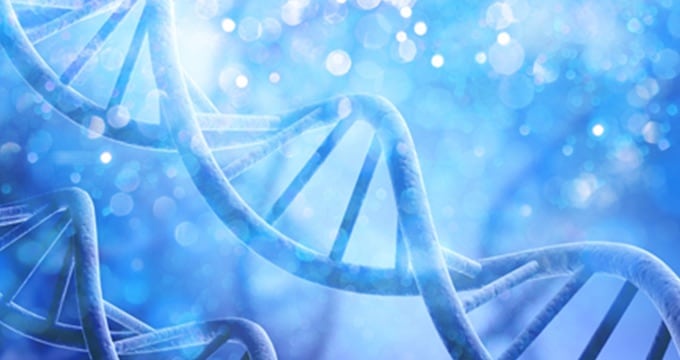Regenerative Medicine Three Laws (Japan)
In the Japan Revitalization Strategy announced in 2013, the government focused on regenerative medicine-related laws. While Dr. Shinya Yamanaka was awarded the Nobel Prize in 2012, only 2 regenerative medicine products have been approved in Japan, compared to 9 products in the United States and 14 products in South Korea.
Therefore, in order to provide regenerative medicine to the people of Japan in a timely and safe manner, “The Act on Promotion of Regenerative Medicine Products” was established to facilitate comprehensive promotional measures from research and development to practical applications of regenerative medicine products.
Japan’s Regenerative Medicine Three Laws, calls for specific measures to research, develop and propagate regenerative medicine. In response to this, the Pharmaceutical Affairs Law was revised and renamed to “the Pharmaceutical and Medical Device Act”, and the Act on Securement of Safety of Regenerative Medicine, etc. was enacted (Figure 1).
In general, the Pharmaceutical and Medical Device Act regulates the manufacture and sales of cell processed products as regenerative medicine products following regulatory approval.
On the other hand, the Act on Securement of Safety of Regenerative Medicine, etc. regulates the provision of cell processed products except regenerative medicine products, for the purpose of clinical research or out of pocket treatments. The applicable range of the law is different from that of the Pharmaceutical and Medical Device Act.

The Pharmaceutical and Medical Device Act
In the Pharmaceutical and Medical Device Act, cell therapy and gene therapies previously categorized in medicines or devices are now defined as a seperate category, “Regenerative medicine products” (Chart 1). In addition, because the nature of regenerative medicine products make it difficult to collect the same data as conventional pharmaceutical products and medical devices, a conditional and time-limited approval system was introduced (Chart 2).
Table 1: Types of regenerative medicine products
Human cell-processed products
- Human cell-processed products (except the following No. 2 and 4)
- Human somatic stem cell-processed products (except the following No. 4)
- Human embryonic stem cell-processed products
- Human induced pluripotent stem cell-processed products
Animal cell-processed products
- Animal cell-processed products (except the following No. 2 and 4)
- Animal somatic stem cell-processed products (except the following No. 4)
- Animal embryonic stem cell-processed products
- Animal induced pluripotent stem cell-processed products
Gene therapy products
- Plasmid vector products
- Virus vector products
- Gene expression therapy products (except the above No. 2)

The conditions and time-limited approval system is characteristic of the approval system for regenerative medicine products, which is defined as follows in the Pharmaceutical and Medical Device Act.
(Approval with conditions and time limit)
26 of Article 23
Article 23-26 - In cases where an applicant for approval under paragraph (1) of the preceding Article intends to manufacture and sell a product that falls under all of the following items, the Minister of Health, Labour and Welfare may, notwithstanding the provisions of paragraph (2), item (iii) (a) and (b) of the preceding Article, grant the approval under paragraph (1) of the preceding Article pertaining to the item, after hearing the opinions of the Pharmaceutical Affairs and Food Sanitation Council, give the approval under paragraph (1) of the same Article, with conditions necessary to ensure the proper use of the product and a time limit not to exceed seven years.
- The regenerative medicine product relating to the application is not homogeneous.
- The product for application should have the potential efficacy, effect or capability relating to the application.
- The product for application should not cause a significant harmful effect in comparison to its efficacy, presuming it to have no value as a regenerative medicine product.
Despite the above, there are cases where relatively homogeneous plasmid products, such as Collategene® (bepelminogen perplasmid), have received conditional and time-limited approvals, so it is crucial to utilize the PMDA consultation system in the development of such products.
We shall continue to discuss regenerative medicine laws in our next article.
Disclaimer: The information provided is not intended to provide any pharmaceutical or medical device regulatory law advice; instead, all information and content are for general informational purposes only.

